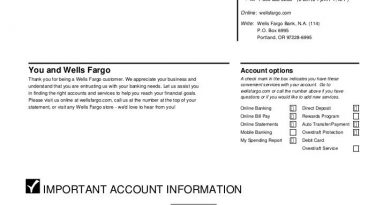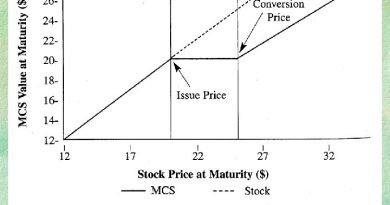Unrecorded Deed Overview and Examples in Real Estate Investing

Contents
Unrecorded Deed: Overview and Examples in Real Estate Investing
What Is an Unrecorded Deed?
An unrecorded deed refers to a situation where the title to a property, usually real estate, is not registered with the appropriate public records department.
Key Takeaways
- An unrecorded deed occurs when the title to a property is not registered with the appropriate public records department.
- Unrecorded deeds can create issues for sellers and buyers, such as proof of ownership and tax implications.
- If financial institutions and insurance companies cannot establish clear title, a buyer may have difficulty selling, insuring, or obtaining loans for a property.
- An unrecorded deed allows a seller to potentially engage in a subsequent sale of the same property to another buyer.
Understanding an Unrecorded Deed
An unrecorded deed is a deed for real property that neither the buyer nor the seller has delivered to a government agency. It can present issues for sellers and buyers, such as proof of ownership and tax implications.
A deed transfers ownership rights to real property between parties. Most jurisdictions require sellers to file the original deed with a government agency that maintains records, typically at the county level in the United States. This record notifies the public of property sales, providing assurance of ownership for transactions involving the property.
Failure to record a deed makes it impossible for the public to know about the property transfer. This can lead to difficulties for buyers, such as challenges in selling, insuring, or obtaining loans for the property. Additionally, an unrecorded deed creates the potential for a seller to engage in a subsequent sale of the same property to another buyer.
Mortgage companies often require buyers to conduct a title search and secure title insurance for purchased properties. A title search examines public records to ensure a clean transfer of title. Self-financed buyers should consider conducting a title search and obtaining title insurance.
Title insurance provides protection against losses due to title deficiencies not identified in the search. Buyers should be aware that lenders may require a separate title insurance policy covering only the lender’s interest in the property. Buyers may choose to purchase a policy covering their interests as well.
For example, if a homeowner self-funded the purchase of a home with an unrecorded deed and the seller did not close out an existing second mortgage, the bank could file a lien against the collateral, which would still appear to belong to the seller due to the unrecorded deed.



